An alternative guide to the history of pop music (Part 1)
The inception of the pop charts and the 1960s
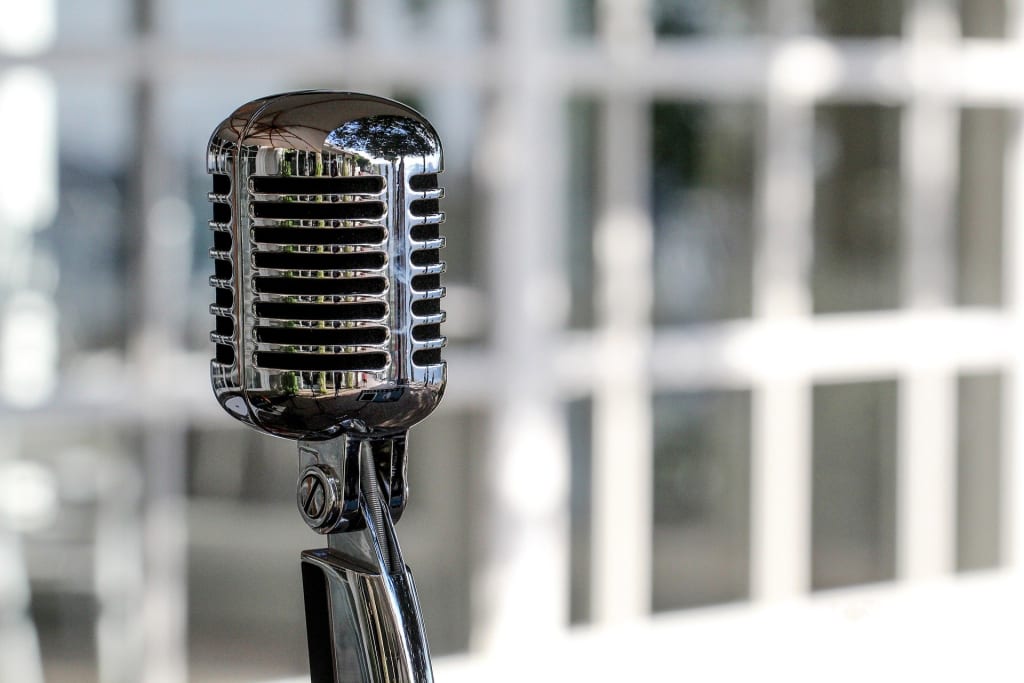
The popular music charts began in 1940 when the popularity of a song was gauged by sales of sheet music. We can all agree there’s plenty of sheet music around these days but it all seems to get in the charts somehow. The music magazine Billboard had the idea of compiling a chart based on sales which was then updated in 1952 when someone decided the best way to listen to music was to get someone else to play it and sing it and put it on a kind of plastic disc so you could listen to it whenever you liked instead of having the band come round and perform the song in your front room.
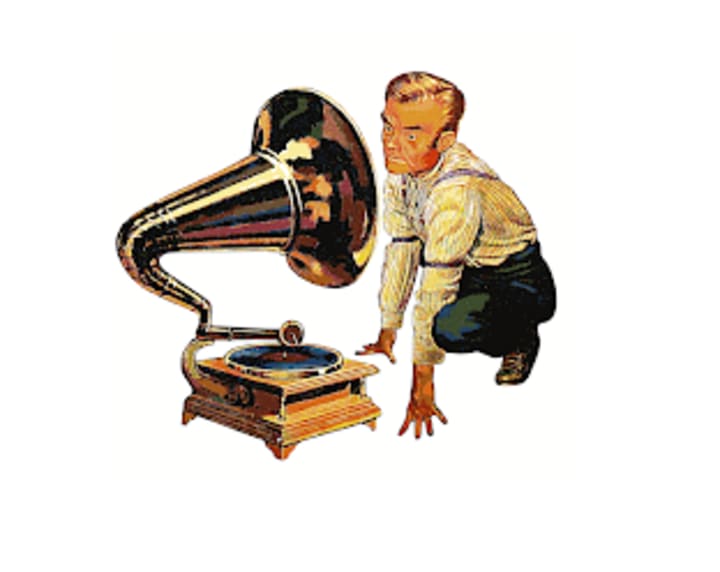
Back then it was called the Top 12! Twelve songs complied by ringing twenty record shops to find out what the best-selling songs that week were. ‘Here in my heart’ by Al Martino was awarded the very first top spot, a song about ventricles, and began the tradition of listing things for no reason. Other magazines got involved by 1955 basing their charts on postal returns or telephone polls. Then album charts started somehow and the NME, Record Mirror and Melody Maker were all getting involved. The upshot was, people were being told what everyone else thought was good music, namely the public, the radio stations and the record stores, but mainly the latter two. It didn’t seem to matter what the singers were waffling on about, songs about how love hurts or how love is the greatest thing ever using lyrics written with crayons were flying up the charts and making songwriters stupidly rich.
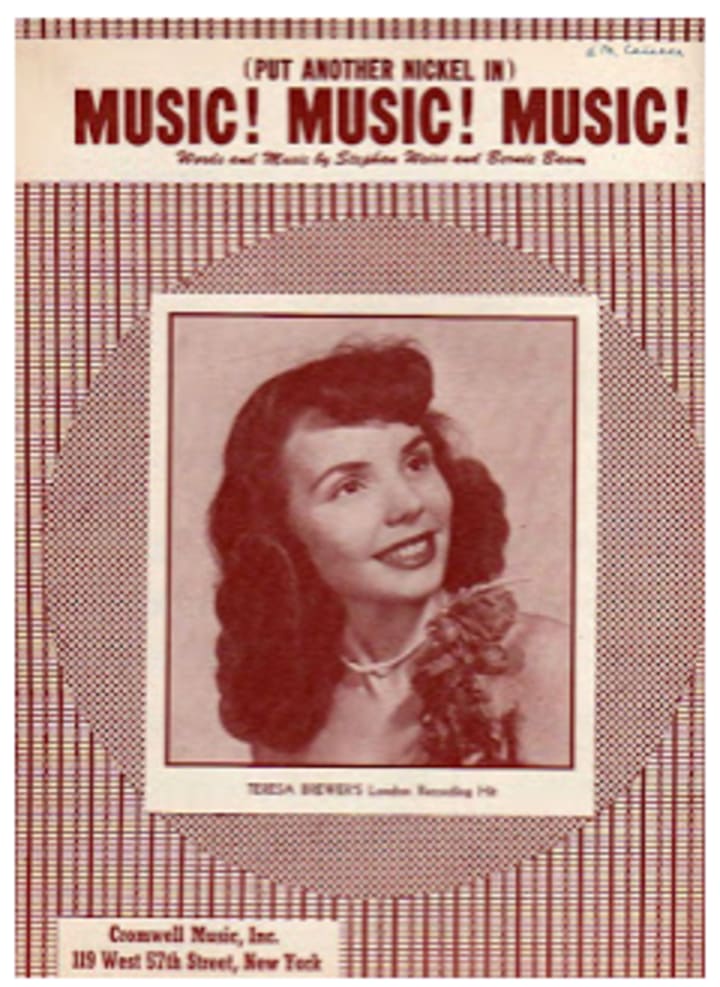
The 60’s is probably best known for the twangy guitars and tinny production of rock and roll, beat and pop music. The Beatles were the forerunners of course, making monk’s haircuts fashionable for the first time since the Vikings invaded. The Monkees tried to copy but only two of them had a monk’s haircut and so were doomed to failure.
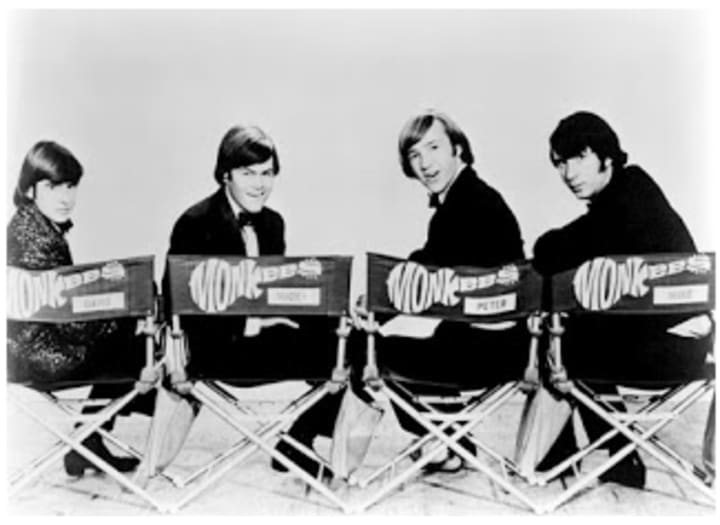
Skiffle became a novel way of utilising old kitchen equipment and brought success for the likes of Lonnie Donegan. Liverpool was a hotbed of music with over two bands touring the local clubs and ballrooms, using Buddy Holly as inspiration. The Beatles got good in 1962 and allowed other bands who wanted to be them, but weren’t quite as good, to get into the charts too such as Gerry and the Pacemakers, The Searchers and the Swinging Blue Jeans (getting their band name from the contents of their washing line on a windy day).
Some bands were better than the Beatles but for whatever reason, didn’t have as much success; bands such as The Kinks and the Yardbirds. The Rolling Stones emerged as a rival, sporting different but equally silly haircuts. Barber shops up and down the country had never been so busy. "I want to hold your hand" was a lovely title for a song and a very respectful thing to say to a lady. Towards the end of the 60's, out went Fats Domino to start a pizza shop, Chubby Checker (who despite his name, never checked chubby people) and even Elvis began to struggle in this new rock and roll tidal wave.
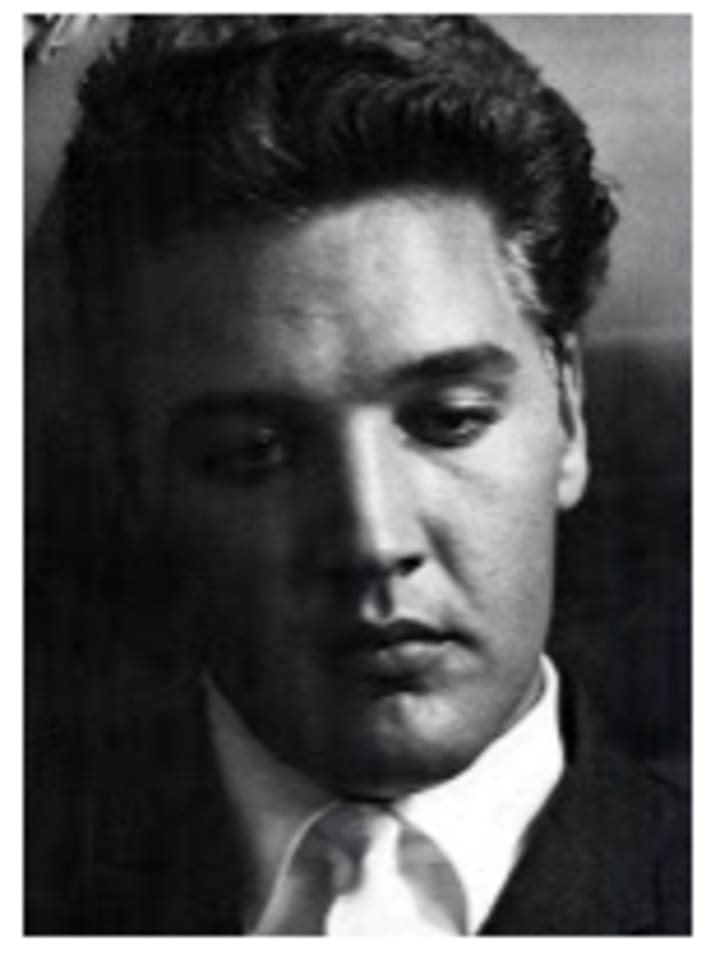
Rock music began to splinter by the mid-decade into various genres. Psychedelia was one of those, based on making your mind ignore reality with or without the ‘help’ of various chemicals. Sitars and surreal lyrics became the identity of the genre as well as weird noises, hidden messages and atmospheric effects.
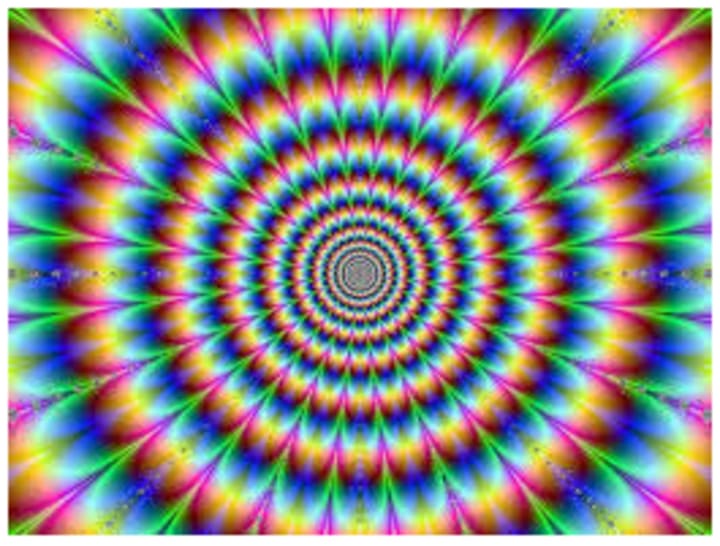
Folk music came back to life for a moment and gave people like Bob Dylan, Joni Mitchell, Leonard Cohen and Gordon Lightfoot a reason to get out of bed in the morning. ‘Protest songs’ were the in-thing even though people also protested against protest songs although I’m not sure if they wrote songs about their protests against protest songs as that would have been hypocritical.
The sound on The Byrds’ ‘Mr Tambourine man’ was obtained with a 12 string guitar, which in my opinion is far too many strings. Folk rock reached the peak of its popularity in 1968 before it tailed off into country rock and various other denominations of rock music. The first psychedelic rock song was called ‘hesitation blues’ and it was a song nobody was sure when to start playing. The Doors became popular and opened for many acts, they also closed for some too; sometimes however, they were just ‘ajar’. Psychedelia had its last hurrah at Woodstock in 1969 and was never heard of again.
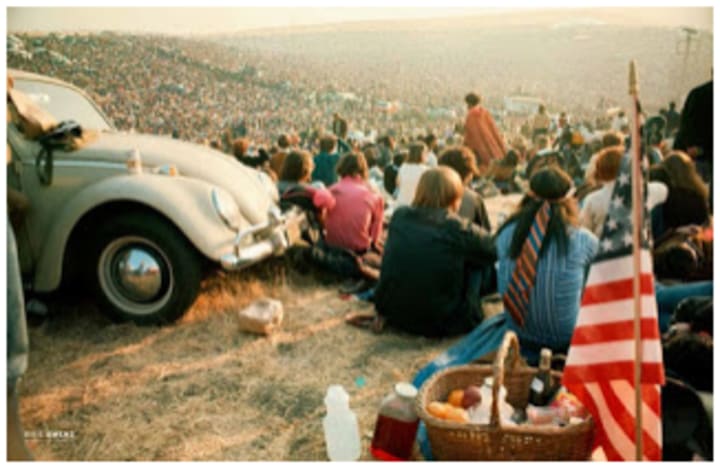
The music we associate most with American teenagers in the early 1960s is surf rock; something that usually results in your surf board being broken in two and you upside down in a rock pool. ‘Movin’ and Groovin’’ by Duane Eddy was one of the first surf rock songs and despite many other Californian surf rock bands popping up, the Beach Boys not only played the music, they named themselves after somewhere you can actually surf! Genius.
Pop music was as superficial as ever with hits like ‘The Twist’ and the ‘Locomotion’ getting us all on the dance floor to do weird angular upper body movements and songs such as ‘Sugar Sugar’ which sparked the term ‘Bubble-gum pop’. Motown emerged as a pop answer to soul music and one of the greatest genres of music was born. A never ending string of number one singles followed for The Supremes, The Miracles, The Temptations, The Four Tops, Martha and the Vandellas, Marvin Gaye and the Jackson Five.
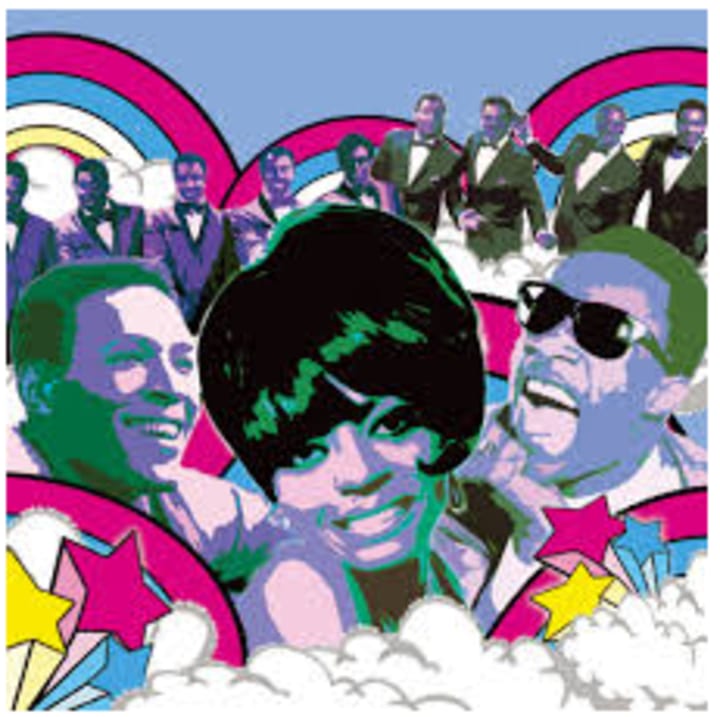
Sam Cooke was flying the flag for soul and James Brown was bringing funk to the masses. The beginnings of disco music can be heard in the Supremes song ‘You keep me hanging on’.
Television brought country music into people’s homes and raised its popularity. Records by Loretta Lynn, Glen Campbell and Tammy Wynette were flying off shelves in local record stores. Marty Robbins managed hits in country, western, pop, blues and Hawaiian (that’s straight pop whilst eating some ham and a pineapple). Johnny Cash became one of the most influential musicians of the decade (and most other decades for that matter) recording in many styles, genres and prisons. Dolly Parton came down from the mountains in Tennessee to capture the hearts of a nation with her biographies set to music.
And then, it was over. 1970 came along and everything changed...
About the Creator
Peter Nuttall
I love reading stories which contain elements that couldn't happen in real life. Ghosts, time travel, super heroes - so that's also what I write. That and various genres of humorous non-fiction.
I've got more going on at www.peternuttall.net




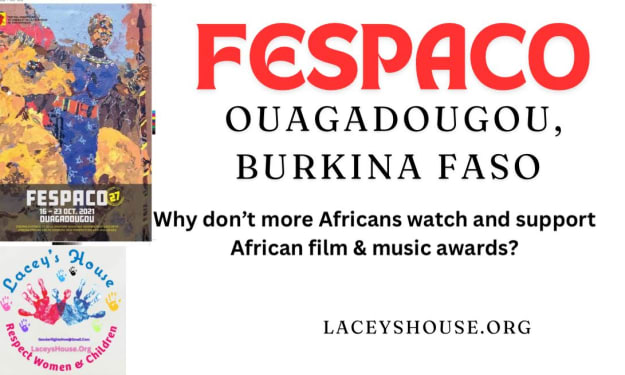

Comments
There are no comments for this story
Be the first to respond and start the conversation.